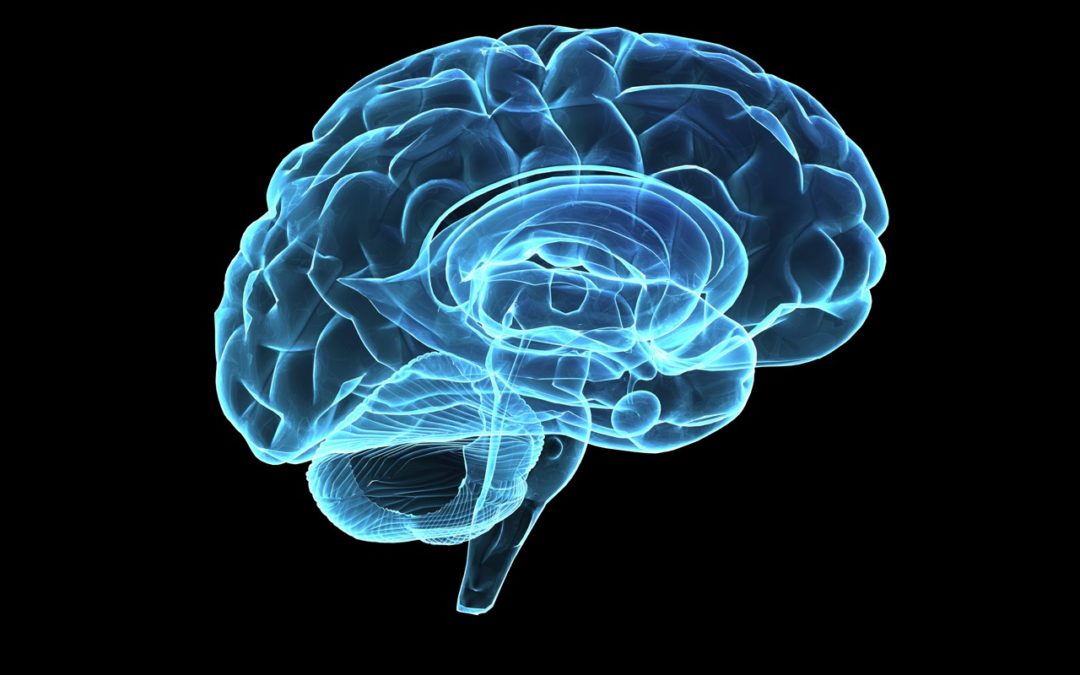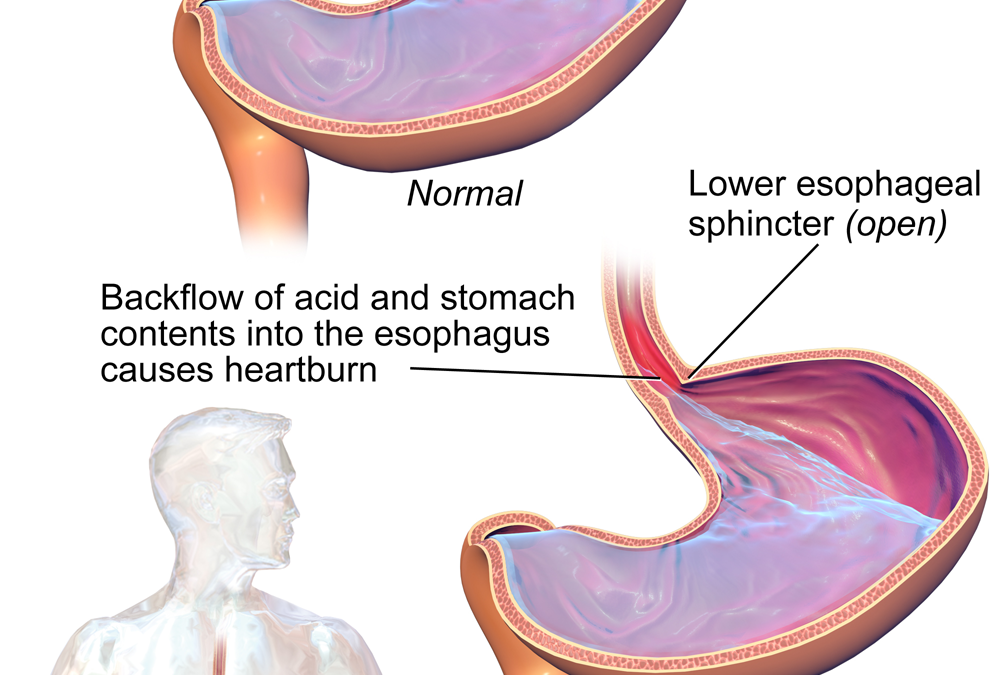by Dr. Michael Murray | Feb 12, 2019 | Digestion, Health Conditions, Most Recent, Natural Facts, Weekly Health Tips
Introduction More than 15 million Americans currently use proton pump inhibitors, or PPIs, to treat heartburn due to gastroesophageal reflux disease (GERD). The drugs come in either in prescription or over-the-counter forms, including well-known names like Prevacid,...

by Dr. Michael Murray | Feb 5, 2019 | Health Conditions, Most Recent, Natural Facts, Supplements, Treatments and Research
Introduction Many times there are extremely positive preliminary results with a natural product improving very serious health condition and there is no follow up studies. In 2005, a clinical trial indicated that a common dietary supplement can produce meaningful...
by Dr. Michael Murray | Jan 30, 2019 | Alzheimer's Disease, Anti-Aging, Health Conditions, Most Recent, Natural Facts
Introduction The use of acid-blocking drugs, like Nexium and Prilosec, in the treatment of gastroesophageal reflux disease (GERD) and indigestion is a prime example of how drugs designed to only suppress symptoms can create a long list of possible adverse effects and...

by Dr. Michael Murray | Jan 8, 2019 | Healing Food Facts, Health Conditions, Most Recent, Natural Facts, Weekly Health Tips
Introduction One of the biggest mistakes that people with diabetes or desiring weight loss do is stay away from fruit. While it is true that fruits contain natural sugars that have the potential to stress blood sugar control, they are also rich in fiber, antioxidants,...

by Dr. Michael Murray | Dec 18, 2018 | Digestion, Health Conditions
IntroductionGastroesophageal reflux disease (GERD) is a condition that regularly affects 25-30% of adults in America. Most of these sufferers and physicians look to drugs known as proton pump inhibitors (PPIs) like Nexium and Prilosec to deal with their heartburn...
by Dr. Michael Murray | Sep 13, 2017 | Digestion, Healing Food Facts, Health Conditions, Natural Facts
See my Glycemic Load of Foods Table here (opens new Tab) [pdf-embedder url=”http://doctormurray.com/wp-content/uploads/2017/09/Glycemic-Load-of-Foods-Table.pdf” title=”Glycemic Load of Foods...





